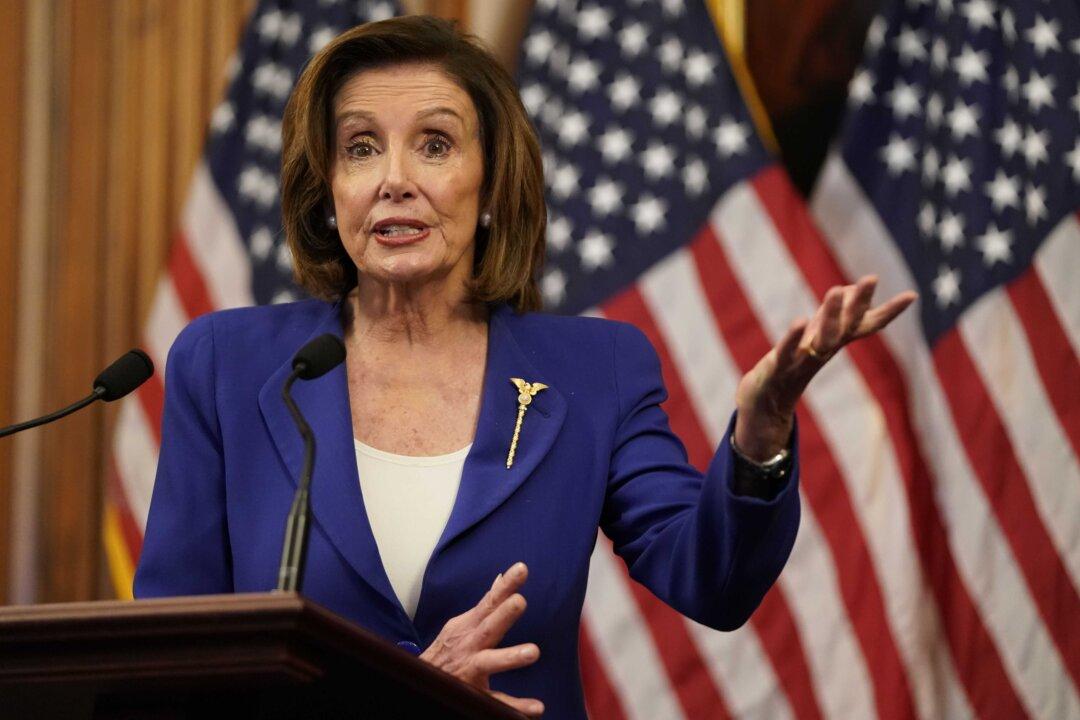Commentary
It’s long been said that politicians should never let a serious crisis go to waste and should use those opportunities to implement policies that would have otherwise remained shelved.

It’s long been said that politicians should never let a serious crisis go to waste and should use those opportunities to implement policies that would have otherwise remained shelved.